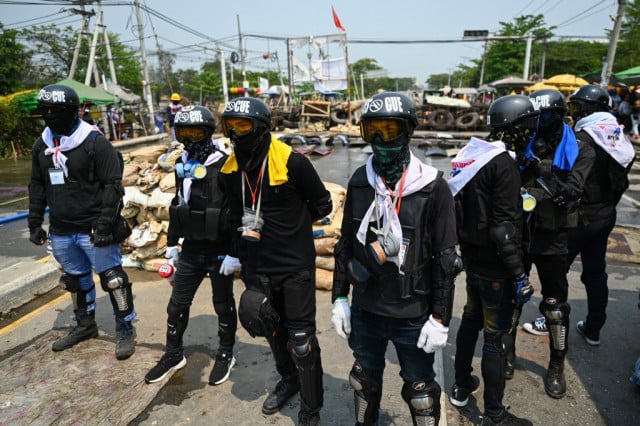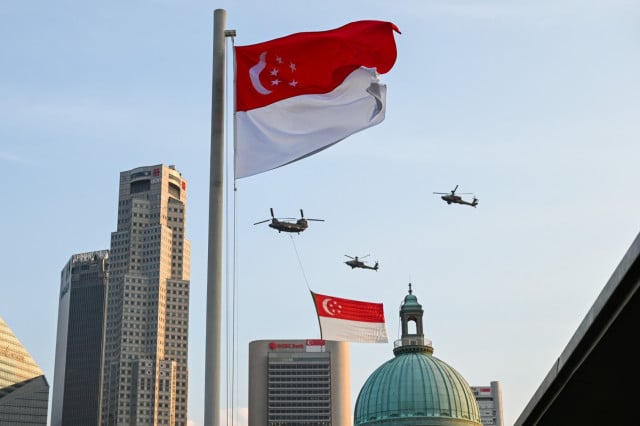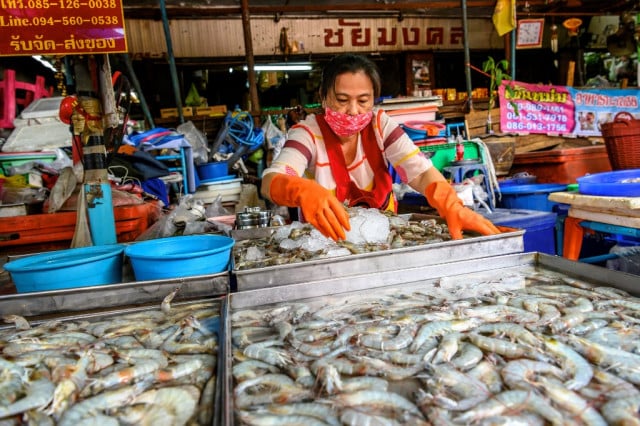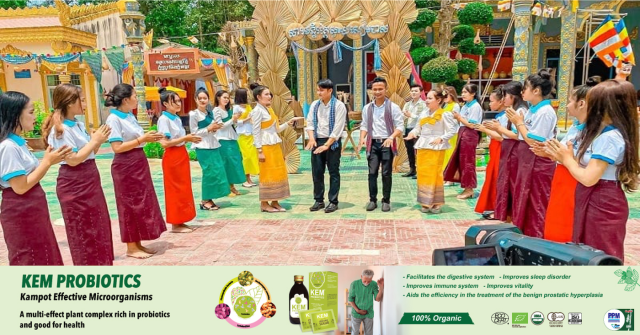Cambodians Relieved by Seng Sary’s Freedoms, but Questions Remain
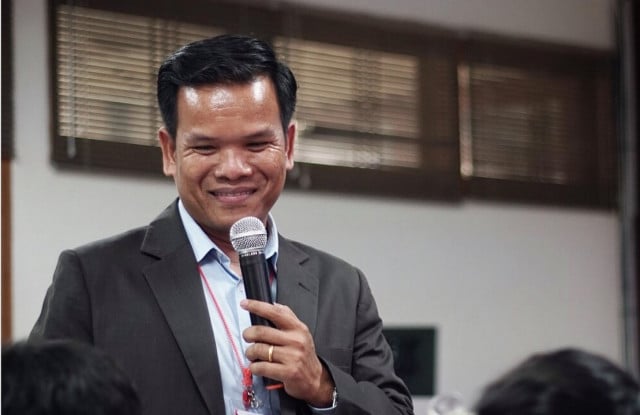
- By Mao Sopha
- and Phoung Vantha
- September 21, 2021 3:01 PM
Prime Minister Hun Sen’s annulment of the arrest warrant for political analyst Seng Sary prompts rights groups to call for an acceptance of criticism against the government
PHNOM PENH--Prime Minister Hun’s decision not to legally pursue political analyst Seng Sary for his comments over a potential national unity government have been met with relief, although it has raised questions about the independence of the judiciary and the government’s intolerance for dissent.
Many have viewed the prime minister’s U-turn as a sign that he has given in to public opinion, which was vocally against prosecuting the exiled analyst, but now many are calling for the release of other critics of the government who Hun Sen has had jailed for expressing their views in recent months.
Political analyst Kim Sok, who lives in exile in Finland, said he was very surprised by Hun Sen’s about face on the matter, noting that it was a rare turn of events, but Sok added that the prime minister should avoid resolving issues in this way as it sets a double-standard.
Having spent a year and a half in prison in Cambodia after criticizing the government’s handling of Kem Ley’s murder, Sok called on Hun Sen to apply the same level of leniency to other critics who have been jailed.
“Samdech should not continue to persecute me, as well as human rights defenders, critics of politics, borders, environmental protection and all independent journalists,” he said.
However, government spokesperson Phay Siphan said that other cases were different from Sary’s case and added that freedom comes with responsibility.
“Those who violate the rule of law are still responsible in front of the law. We are not talking about tolerance, we are talking about the responsibility for the law,” he said.
Seng Sary's case could not be taken as an example of expression without responsibility, Siphan added.
Chin Malin, spokesperson for the Ministry of Justice and a vocal defender of the government’s extended crackdown on dissidents, did not respond to questions regarding Hun Sen’s decision to intervene and the supposed independence of the courts.
Other observers have suggested that, as Cambodia gears up for commune elections next year, Hun Sen’s reversal on Sary’s arrest highlights the need for constructive criticism and leaders who listen.
Grassroots Democracy Party secretary-general Sam Inn said Cambodia is peaceful so more attention is needed to strengthen the justice system, foster good governance and building a vibrant and mature democracy.
“Good and praiseworthy leadership is not just about listening to sweet words of praise but needs to include listening to constructive criticism,” he added.
However, rights groups have expressed alarm at the notion that fundamental rights—such as the right to freedom of expression—appear to only exist in Cambodia at the whim of Hun Sen.
Sopheap Chak, executive director of the Cambodian Center for Human Rights pointed to both the Cambodian Constitution and the range of international agreements Cambodia has signed that guarantee freedom of expression.
“Respecting the right to freedom of expression and ensuring a space where citizens can express their opinions freely and safely without fear is an important step towards building strong democracy and the rule of law,” she said in response to the news that Sary would not face charges for publishing his political research.
The COVID-19 pandemic has, according to rights groups, emboldened an already authoritarian Hun Sen in going after critics. According to LICADHO, a local human rights NGO, more human rights defenders were arrested in the first nine months of 2020 than in all of 2019.
Similarly, the Cambodian Journalists Alliance Association (CamboJA) reported earlier this year that 72 journalists faced physical and legal harassment while working over the course of last year. These attacks and imprisonments, CamboJA said, played into “the sense of fear and futility for those seeking to expose bad actors inside and outside of government.”
Hun Sen’s government caused outrage earlier this year with the continued judicial harassment of Mother Nature Cambodia activists, many of whom were hit with lengthy prison sentences for their peaceful activism that sought to highlight the environmental damage corruption was causing.






